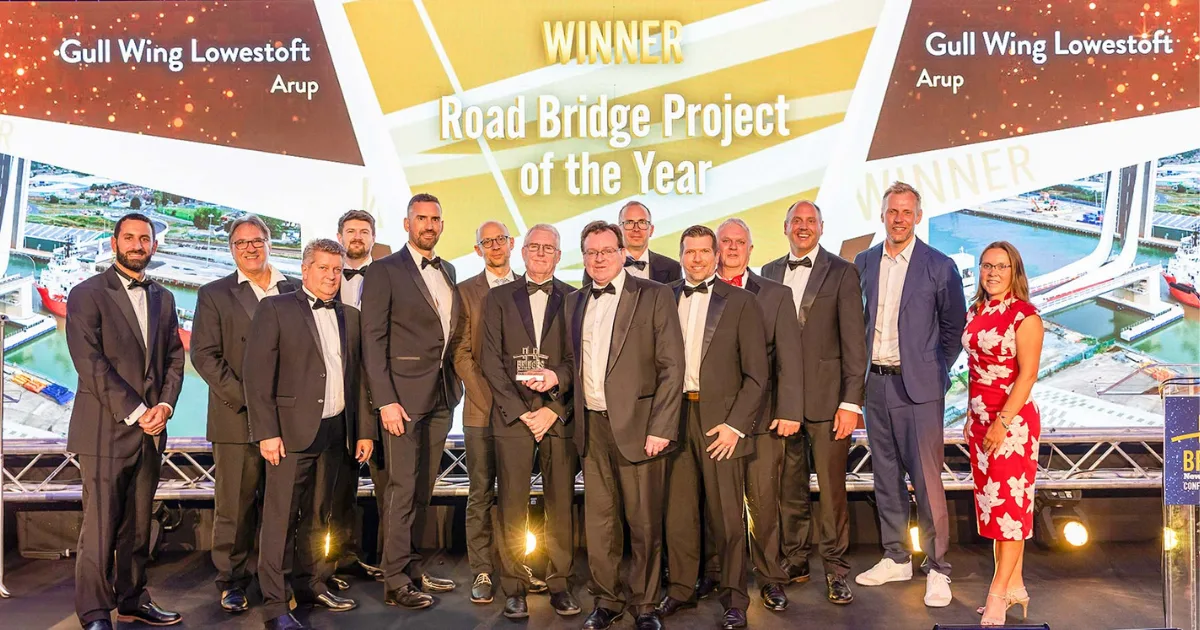500 jobs created when LKAB extracts critical minerals from mining waste
“500 jobs, they just keep coming! Imagine that a few years ago they said that the industry would soon be gone. Now Sweden is leading the climate change. The whole world is watching Sweden and the Luleå, Boden and Skellefteå region”, Stefan Löfvén commented during the presentations of LKAB’s and other plans.
Waste as a source
The existing mines are a prerequisite for LKAB, which plans to extract apatite concentrate from the residual products of iron ore mining and further process that to phosphorus mineral fertiliser, and in the process also extract REE’s, fluorine and gypsum.
“We don’t have to operate a dedicated mine; that is the strength of the circular business model where we get the phosphorus and rare earth elements as a bonus from the iron ore mining. But it requires innovative processing and value-added beneficiation to take steps forward in the value chain,” Leif Boström explains.
Major investments in Sweden
For LKAB, this will mean major investments but also new exciting products and markets. In direct connection to the mines in Kiruna and Malmberget, two apatite plants will be built. The apatite concentrate is produced here. It is then transported by LKAB’s system train to the coast and the chemical engineering industrial park, where it is further processed into phosphorus, rare earth elements, fluorine and gypsum. Where the industrial park will be built has not yet been decided, two main alternatives being investigated are Luleå and Skellefteå.
“We have received a very good reception and help from both municipalities. But this is not a competition. We will present our alternatives and final recommendation to the board when the feasibility study is completed next spring. Then we decide on the next step in an investment that can exceed 10 billion SEK and create 500 jobs. Environmental performance, permits, logistics, finances and hard facts will determine where we locate the industrial park,” explains Leif Boström.
Pursuit of competence
A challenge that LKAB shares with many other companies in northern Sweden is the pursuit of competence.
“We will recruit new types of skills when we build a completely new type of industry. Chemical engineers, agronomists and metallurgists, for example. This will be an attractive project where you have the chance to build something from scratch, become part of a circular and climate-efficient business model and provide Sweden and Europe with critical minerals,” concludes Leif Boström.
Facts about LKAB’s planned extraction of critical minerals
- In the first step, the mine waste is processed to an Apatite concentrate, directly connected to the iron or mining and benefaction in Kiruna and Malmberget.
- The apatite concentrate is further processed to phosphorus and rare earth elements at a green-field Industrial Park in the Swedish coastal town of Luleå or Skellefteå (localisation study underway)
- Production is expected to start in 2027.
- The Apatite is dissolved with hydrochloric acid to create a pure phosphorus product and separate REE’s and fluorine products. Phosphorus is then processed with ammonia to a mineral (phosphate) fertiliser.
- The use of hydrogen and electrification of processes means that the entire process will be almost CO2-free.
- LKAB can become a significant producer of critical minerals for agriculture and environmental technology:
- 5 times Sweden’s demand for phosphorus mineral fertiliser
- 30 % of Europe’s need of rare earth elements
- All of Sweden’s need for gypsum
- Today, Europe is mainly import-dependent for many critical raw materials and minerals that are economically important, and where there are risks associated with the security of supply:
- Imported Phosphorous can contain high levels of cadmium that can cause osteoporosis.
- Phosphorus is mainly imported from Morocco, where a large portion of the production is in the disputed area of Western Sahara, and another large share is imported from Russia.
- Rare Earth Element import originate up 98 % from China.




